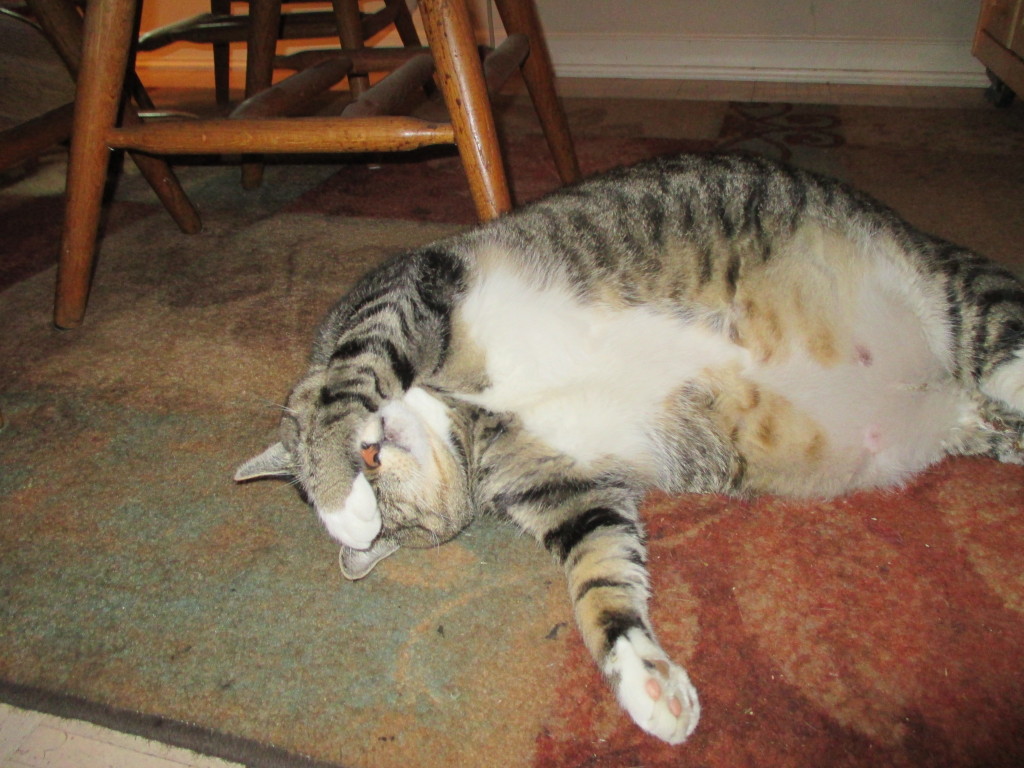If you’re a writer, you’ve been rejected.
Rejection is the not-so-sunny side of the writer’s dashing adventure, and it always seems to crop up on the heels of some kind of success, real or imagined. There is no magic formula for avoiding what sometimes feels like a mean-spirited, personal snub. But there are ways to use rejection to help your writing career.
Writing Tip for Today: Nobody enjoys receiving rejections. But how can you use these darts-into-the-backside?
Hold a Party.
A pity party that is. My way of coping with rejection is to allow myself 24 hours to whine, sulk, mope, kvetch and yes, even cry. I get to make a voodoo editor/agent doll and stick it with pins if I feel like it. For one day. Like Cinderella, at the stroke of midnight I insist that the party’s over. Even if I’m still feeling discouraged, I force myself to get back to my keyboard and write the next day. This discipline is one way I not only recover (eventually) from the slings and arrows of the writing life, I also get some word count in, validating my “professional writer” status.
Let It Simmer.
For bigger “ouches,” (one writer I know just received a detailed editor’s report on a novel and the news wasn’t good), you may not be over it so quickly. You might stew and fret and think bad thoughts about whomever criticized your writing. You might keep insisting that you’re right and you’re not “changing one word!” OK. Go ahead. Think long and hard about why the advice is so wrong. If you’re like me, you’ll start off indignant. Over time, you’ll start to question your judgment. And eventually, you’ll understand the other person’s point of view. You may still not want to change anything, but you’ll understand the reasons why your work was taken to task. These types of revelations can be very illuminating to your own writing skills. You may even find yourself employing the technique you so strenuously objected to. It’s all part of developing your skills.
Stretch Yourself.
One of my self-confessed bad writing habits is to overwrite, especially on draft one. Each time I repeat a point using different language and/or illustrations. Nothing wrong with the stuff on an individual basis. But when taken together, it all adds up to readers who feel hit over the head. I have come to rely on other writers (my crit partners) to tell me which sentences to keep and which to toss. With 20 years of experience, shouldn’t I be able to do that myself? Maybe some writers can, but I need the objectivity of other writers to help guide me to write (and keep) the very best I have to offer. Next time you get a rejection, go ahead and cry for a day. But don’t stay there. I hope you’ll come to see that what’s not accepted can be the most valuable writing lesson of all.





